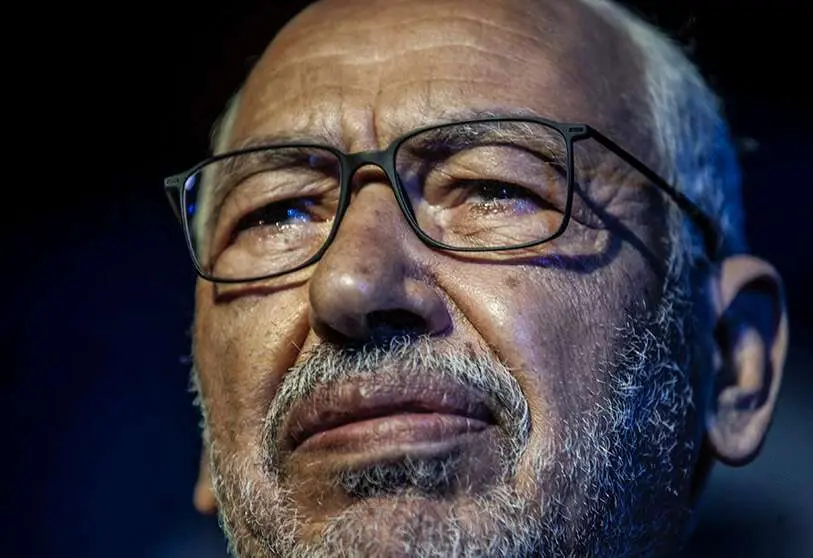Los líderes islamistas de Túnez y Argelia abogan por una Unión del Magreb Árabe sin Marruecos

The leaders of Islamist parties in Tunisia and Algeria have called for Morocco to be excluded from the Arab Maghreb Union. Rivalry between the two countries is growing, as is the struggle for geopolitical power in the region. Algeria and Morocco, historic enemies, are once again at loggerheads over the Western Sahara conflict, which flared up again in November last year.
The Algerian leader of the Movement for Society for Peace (MSP), Abderazak Makr, has explicitly called for Morocco to be excluded from the Arab Maghreb Union (AMU) project. The head of Algeria's main Islamist party followed in the footsteps of his Tunisian counterpart, Rached Ghannouchi, head of the Islamist Ennahdha party, who has also called for the AMU to exclude Morocco.
Makr, during a press conference, said that "it is imperative to exclude Morocco from the AMU, as it has brought the Zionist enemy [Israel] to our borders and we no longer trust them". The Alawite kingdom normalised relations with the Jewish state last December. Former US president Donald Trump, with one foot out of the White House, announced on social media that the US would recognise Morocco's sovereignty over the Western Sahara region in exchange for Morocco normalising relations with Israel.

This announcement did not represent a radical change in its policies towards Israel, as the North African kingdom has maintained informal ties with the Jewish state for years. An estimated 50,000 Israelis travel to Morocco each year to learn about the Jewish community and to tell their family stories.Under this pretext, Islamist leaders in Tunisia and Algeria have called for excluding Morocco, and instead strengthening the union between Libya, Algeria and Tunisia. Earlier this month, Tunisian Islamist leader Rached Ghannouchi urged the three countries to "open their borders, launch a common currency and develop an agricultural and industrial partnership within the framework of a common market between them".
Ghannouchi argued that solidifying relations between the three countries could be the first step towards "relaunching the dream of the Arab Maghreb Union". In the same speech, the Islamist leader suggested that the Algeria-Libya-Tunisia triangle would help solve the current economic and social problems of Tunisia and the region as a whole.

Tunisia is facing a very serious economic crisis that threatens the country with suffocation and could destabilise the region. The Tunisian Islamist leader hopes that, with a stronger economic union between the three Maghreb countries, Tunisia could benefit and "send hundreds of thousands of Tunisians to work in Libya".
"For internal Tunisian reasons, especially ideological ones, our various governments have unfortunately not been actively involved in helping our Libyan brothers to stabilise their country and relaunch the reconstruction process", regrets Ghannouchi, who emphasises that "several economic problems, including unemployment, for example, could be solved if stability returned to this country".
Both Islamist leaders are not only talking about excluding Morocco, but Mauritania would also be among the undesirable countries, as they consider that it will be the next to normalise relations with the "Zionist enemy". This would leave the AMU without two of its five members.

The Arab Maghreb Union is a trade agreement signed in 1989 in Marrakech by the heads of state of Algeria, Libya, Morocco, Mauritania and Tunisia. Unfortunately, the Union has not been able to make tangible progress on its objectives due to deep economic and political disagreements between Morocco and Algeria over, among others, the issue of Western Sahara. No high-level meetings have been held since 2008 and despite the economic difficulties experienced by many of the EU member states, there appears to be no political will to make progress on the agreement.










